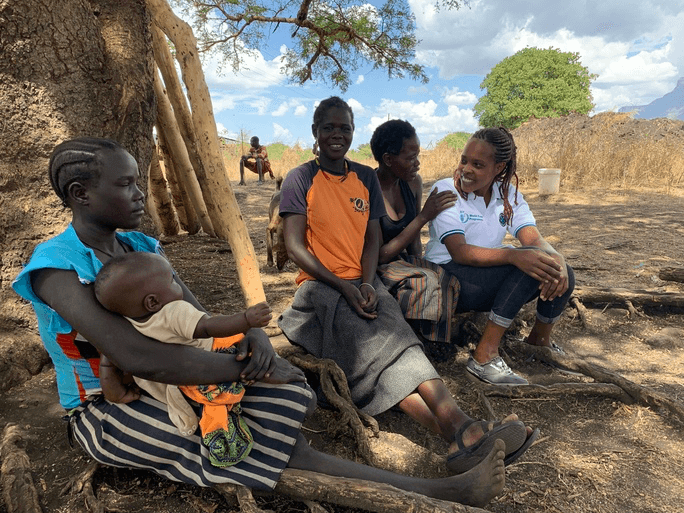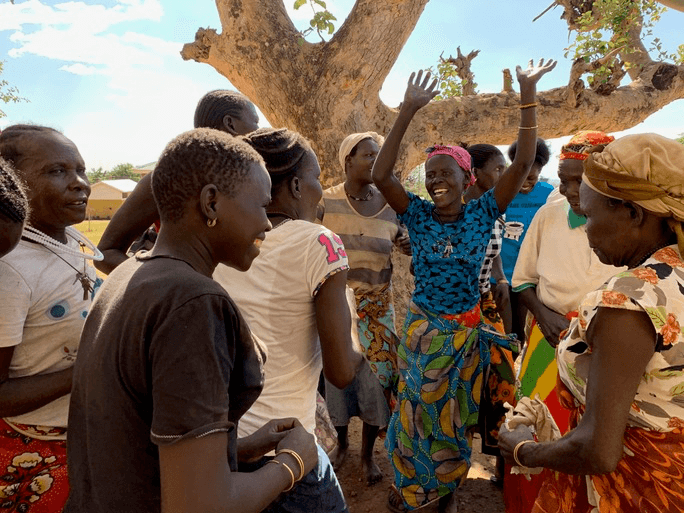Creating a Feedback Loop on Field Research
Getting feedback from the communities Lifeline works with is critical to increasing transparency and ethical accountability in human-focused field research. In a partnership with Oregon State University’s Humanitarian Engineering Program, Lifeline tested the technical feasibility and usability of a sensor to quantify fuel use for different cookstove and fuel types.
Read More








